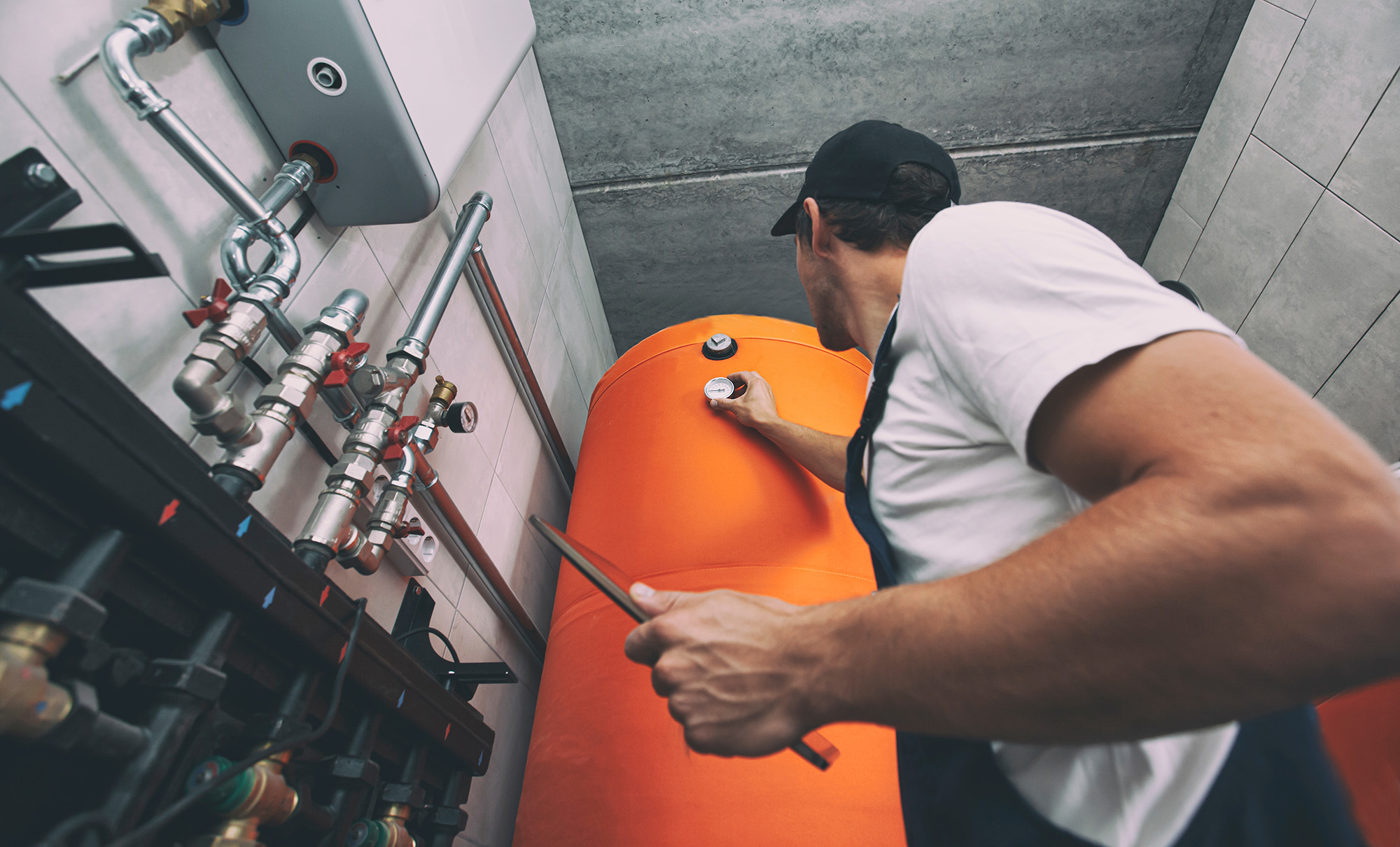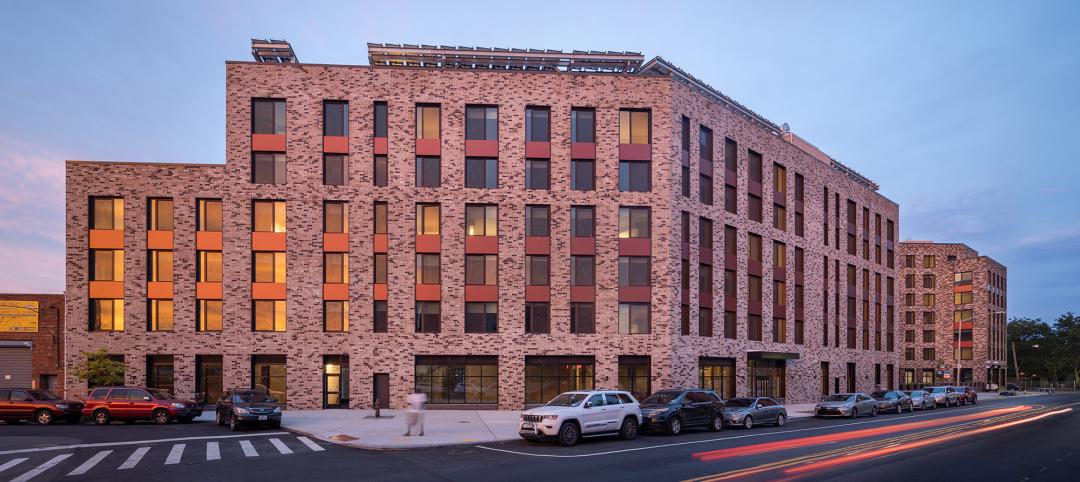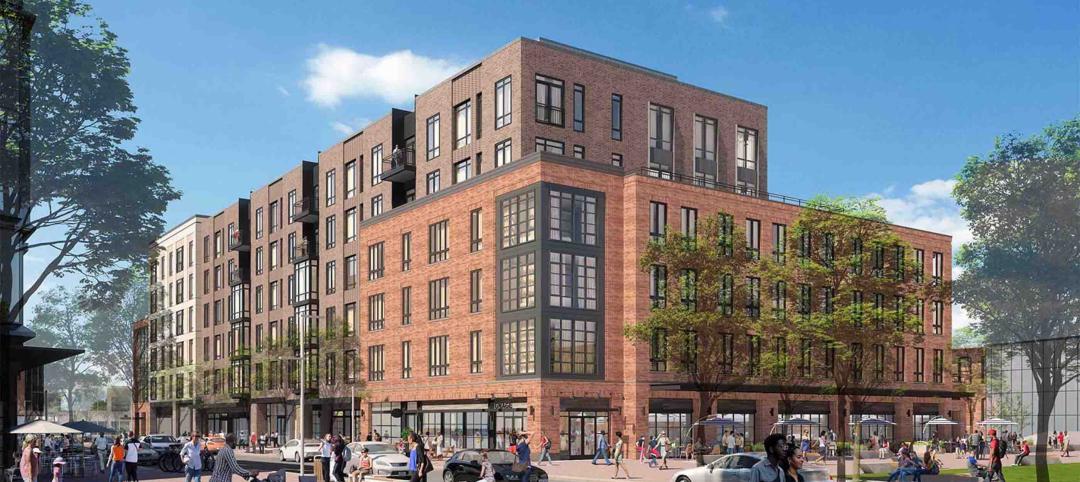States from coast to coast have signed a joint agreement to accelerate the transition to pollution-free residential buildings by significantly expanding heat pump sales to meet heating, cooling, and water heating demand in coming years. The Memorandum of Understanding (MOU), led by the Northeast States for Coordinated Air Use Management (NESCAUM), has been signed by directors of environmental agencies from California, Colorado, Maine, Maryland, Massachusetts, New Jersey, New York, Oregon, and Rhode Island.
Under the MOU, these states have set a shared goal for heat pumps to meet at least 65% of residential-scale heating, air conditioning and water heating shipments by 2030 and 90% by 2040 across the participating states. States will also collaborate to collect market data, track progress, and develop an action plan within a year to support the widespread electrification of residential buildings.
This MOU builds on a September 2023 commitment from the U.S. Climate Alliance’s member states and territories to quadruple heat pump installations by 2030.
Efforts to Transition to Clean Residential Buildings
“Heat pumps and building electrification are the future for healthier homes and a thriving green economy,” said Maryland Department of the Environment Secretary Serena McIlwain. “This multi-state partnership will help Maryland meet its ambitious climate goals and strengthen a coalition of states for cleaner air and better health outcomes.”
Buildings are a hidden source of air pollution, which comes from combustion of fossil fuels in furnaces, boilers, and water heaters. According to NESCAUM, fossil-fueled heating equipment across the participating states emits annually over 138,000 tons of smog-forming nitrogen oxides (NOx) and 6,000 tons of fine particulate matter, causing increased risk of heart attack, asthma events, premature death, and many other adverse health outcomes. Buildings also annually emit 173 million metric tons of CO2 across participating states.
To pave the way for widespread adoption of heat pumps, the agreement emphasizes collaboration with key stakeholders, including heat pump manufacturers and HVAC installers. The transition to efficient electric heating, cooling, and water heating has the support of major market players and manufacturers.
“To achieve our shared decarbonization goals, we need to send an unmistakable signal to the marketplace that zero-emission homes are the future. This agreement does that,” said Matt Rusteika, Director of Market Transformation, Building Decarbonization Coalition. “We applaud NESCAUM and state leaders for a commitment that is ambitious, flexible, and pragmatic.”
To lead by example, states signing the NESCAUM-led MOU committed to promote installation of zero-emission, grid-interactive technologies in existing state buildings. States also seek to direct at least 40% of efficiency and electrification investments to benefit low-income households facing high energy burdens and communities historically burdened with elevated air pollution levels.
A recent letter from business-focused Ceres united 24 businesses, investors, and building owners and operators in stating support to accelerate heat pump adoption. Last year, ten of the nation’s largest manufacturers committed to help California achieve its target of six million heat pumps by 2030.
“State policy is critical to accelerating the adoption of building technologies that are good for the climate and good for business. Initiatives that encourage collaboration across state lines to develop best practices are essential to accelerating this transition,” said Alli Gold Roberts, Senior Director of State Policy, Ceres.
Related Stories
Sustainability | Jan 10, 2024
New passive house partnership allows lower cost financing for developers
The new partnership between PACE Equity and Phius allows commercial passive house projects to be automatically eligible for CIRRUS Low Carbon financing.
Green | Jan 8, 2024
DOE releases RFI on developing national definition for a Zero Emissions Building
The Department of Energy released a Request for Information (RFI) for feedback from industry, academia, research laboratories, government agencies, and other stakeholders on a draft national definition for a Zero Emissions Building.
Sustainability | Jan 2, 2024
Los Angeles has plan to improve stormwater capture and source 80% of water locally
Los Angeles County’s Board of Supervisors voted for a plan to improve stormwater capture with a goal of capturing it for local reuse. The plan aims to increase the local water supply by 580,000 acre-feet per year by 2045.
Sustainability | Dec 22, 2023
WSP unveils scenario-planning online game
WSP has released a scenario-planning online game to help organizations achieve sustainable development goals while expanding awareness about climate change.
Codes and Standards | Dec 18, 2023
ASHRAE releases guide on grid interactivity in the decarbonization process
A guide focusing on the critical role of grid interactivity in building decarbonization was recently published by ASHRAE. The Grid-Interactive Buildings for Decarbonization: Design and Operation Resource Guide provides information on maximizing carbon reduction through buildings’ interaction with the electric power grid.
Sustainable Design and Construction | Dec 14, 2023
Suffolk Construction establishes Suffolk Sustainability Group
Design veterans Steven Burke and Michael Swenson will lead the new sustainability initiative for Suffolk.
75 Top Building Products | Dec 13, 2023
75 top building products for 2023
From a bladeless rooftop wind energy system, to a troffer light fixture with built-in continuous visible light disinfection, innovation is plentiful in Building Design+Construction's annual 75 Top Products report.
Sustainability | Nov 20, 2023
8 strategies for multifamily passive house design projects
Stantec's Brett Lambert, Principal of Architecture and Passive House Certified Consultant, uses the Northland Newton Development project to guide designers with eight tips for designing multifamily passive house projects.
Sustainability | Nov 1, 2023
Researchers create building air leakage detection system using a camera in real time
Researchers at the U.S. Department of Energy’s Oak Ridge National Laboratory have developed a system that uses a camera to detect air leakage from buildings in real time.
Sustainability | Nov 1, 2023
Tool identifies financial incentives for decarbonizing heavy industry, transportation projects
Rocky Mountain Institute (RMI) has released a tool to identify financial incentives to help developers, industrial companies, and investors find financial incentives for heavy industry and transport projects.


















